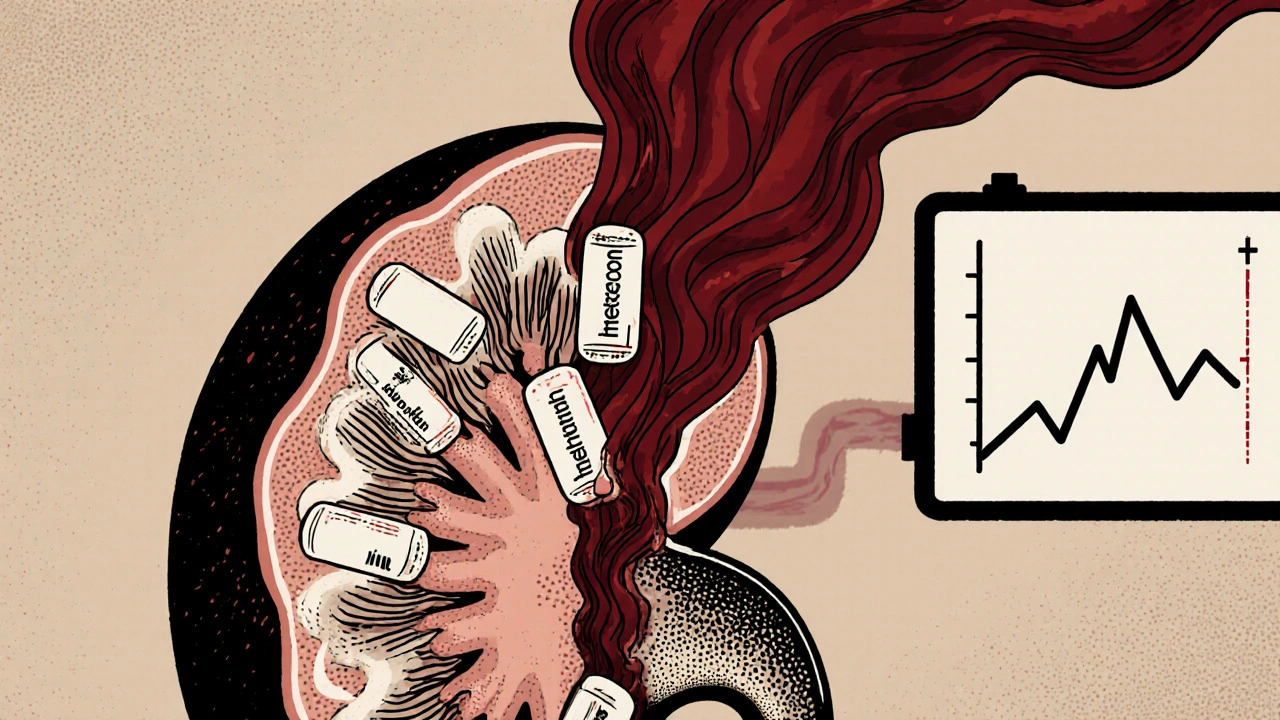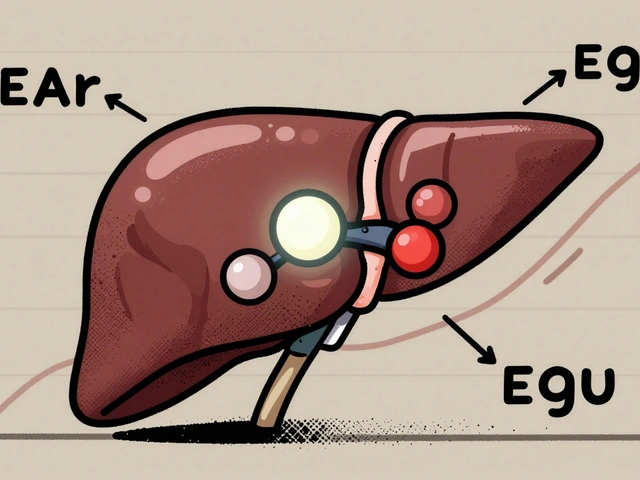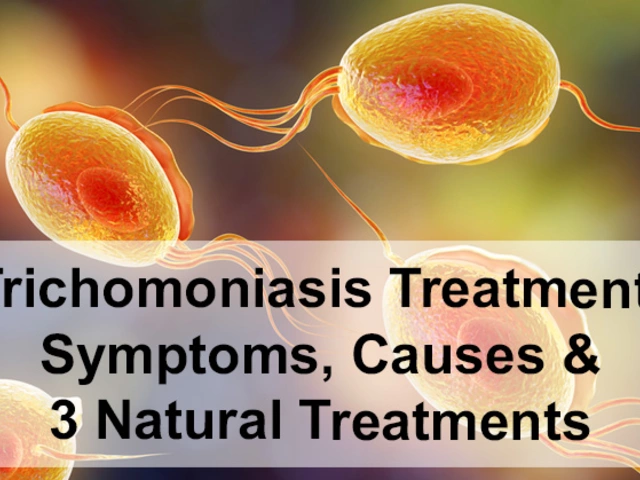Renal Dosing: How Kidney Function Affects Your Medications
When your kidneys aren't working like they should, the way your body handles medicine changes—this is called renal dosing, the adjustment of medication amounts based on how well your kidneys filter drugs from your blood. Also known as kidney-adjusted dosing, it’s not just a doctor’s footnote—it’s a safety rule that can keep you out of the hospital. Many common drugs, from painkillers to antibiotics and blood pressure meds, are cleared by your kidneys. If those filters slow down, the drugs stick around too long. That’s when side effects pile up: dizziness, nausea, confusion, or even heart rhythm problems.
That’s why kidney function, how well your kidneys remove waste and extra fluids from your bloodstream is measured before you start certain meds. Doctors use a number called eGFR—estimated glomerular filtration rate—to see if your kidneys are at 90%, 40%, or even 15% of normal. If your eGFR drops below 60, most prescriptions need a lower dose or less frequent dosing. For example, metformin for diabetes, gabapentin for nerve pain, or vancomycin for infections all have clear renal dosing guidelines. Skip this step, and you risk toxicity—even if you’re taking the "right" drug.
drug metabolism, how your body breaks down and gets rid of medicines doesn’t just happen in the liver. Your kidneys handle the final cleanup. If you’re older, have diabetes, or high blood pressure, your kidney function likely declined over time—even if you feel fine. That’s why older adults are at higher risk for bad reactions to standard doses. It’s not about being weak—it’s about biology. And it’s why some meds are simply not safe for people with advanced kidney disease.
What you’ll find in these articles isn’t theory. It’s real-world examples: how prednisone can mess with your mood if your kidneys can’t clear it fast enough, why methadone becomes dangerous with poor kidney function, how statins like rosuvastatin need dose cuts, and why some antibiotics are safer than others when your kidneys are tired. You’ll see how common drugs like omeprazole, amitriptyline, and nitrofurantoin interact with kidney health—not just in theory, but in people’s daily lives.
Renal dosing isn’t something you ignore until your doctor mentions it. It’s part of your medication story. Whether you’re managing diabetes, heart disease, chronic pain, or just taking a daily pill, your kidneys are silently working behind the scenes. Knowing how they affect your drugs helps you ask better questions, catch red flags early, and stay in control of your health—without waiting for a crisis to happen.

Kidney disease slows drug clearance, causing dangerous buildup. NSAIDs, sulfonylureas, and anticoagulants can turn toxic without proper dosing. Learn which meds are risky and how to stay safe.
Continue Reading





